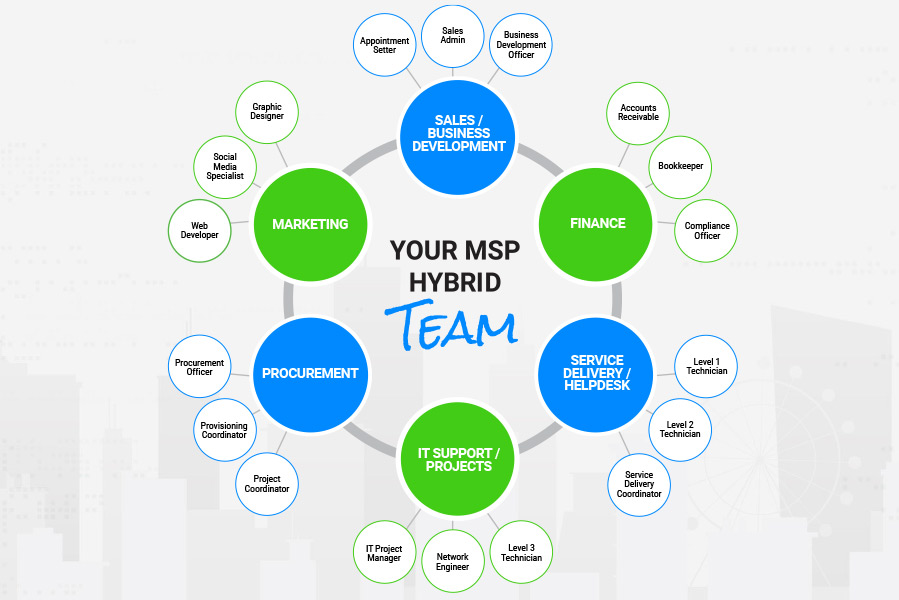Expanding a business usually means hiring more people, which is a big step in a company’s growth. While growing your team is exciting, it also comes with some challenges.
One of the critical decisions to make during this phase is how to acquire and manage the talent necessary for your growth.
Direct employee hiring has been a traditional approach, but it’s not without its drawbacks.
What is Direct Employee Hiring
Direct hiring, as the name suggests, involves employing individuals directly to work for your company. These employees may be full-time, part-time, or project-based, but it’s typically associated with permanent positions offering salaries, benefits, and a long-term commitment. It’s the traditional and widely accepted mode of hiring employees.
Why Companies Choose Direct Hiring
- Companies that directly hire employees have full control over their work and can closely monitor their activities.
- Companies can quickly onboard and integrate new employees into their existing teams.
- Direct hires often exhibit a higher level of loyalty and dedication to the company, which can foster a long-term commitment.
Limitations of Direct Hiring
Geographic Constraints
Direct hiring restricts you to a local or national talent pool, which can be especially limiting for businesses in industries where specific skills or expertise are rare in a given region. Companies may find it challenging to fill positions with the right talent when constrained to a local labor market.
Cost and Time
The recruitment process can be expensive and time-consuming. Posting job ads, conducting interviews, and onboarding new employees can take weeks, if not months. It also involves costly overheads, such as HR staff, office space, and technology infrastructure.
Limited Expertise
Finding the right talent for specialized roles can be challenging, especially if your business operates in a niche market. In some cases, it may be difficult to find the required expertise in your local or even national talent pool.
Why Offshoring Is the Best Choice
To tackle the challenges of direct hiring, many large companies are choosing to work with offshore partners who offer numerous benefits:
Access to Global Talent
Partnering with offshore providers gives companies access to a vast and diverse talent pool from around the world. This allows businesses to tap into the specialized skills and expertise they need to remain competitive.
Cost-Efficiency
Offshoring often proves to be a cost-effective alternative. Labor costs in some offshore locations are significantly lower than in developed countries. This cost advantage extends beyond just salaries and includes lower overheads and administrative expenses.
Efficiency and Time Savings
Offshore providers are experienced in their respective domains. They can expedite the hiring process, reduce recruitment time, and minimize administrative burdens. This allows businesses to focus on core activities and achieve higher operational efficiency.
Expertise and Specialization
Offshore teams often bring specialized skills and industry expertise that can benefit your business in ways that direct hires may not.
While direct hiring has its merits, it’s crucial to recognize its limitations. When you partner with a qualified offshore provider like Techno Global Team, you can get access to global talent, reduce your overhead costs, and stay agile in an ever-changing marketplace. Consider these factors when making your staffing decisions, and you might just unlock a new level of success for your business.
Did you find this insightful? Talk to one of our offshore experts to learn more.











